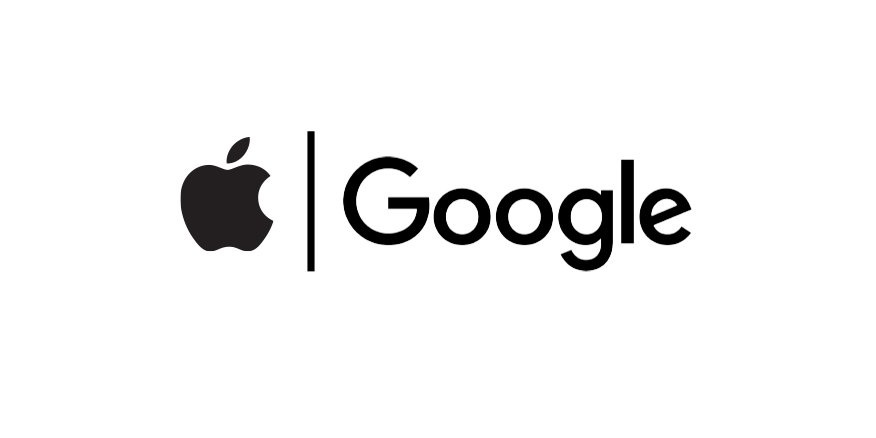Apple Might Not Grow On The AI Tree
Everyone thinks that Apple will be in the AI race. But there are early signs to suggest otherwise.
Artificial Intelligence has been one of (if not the) hottest themes, and it has taken US markets higher over the last year and a half. But amongst all the developments and releases from many of the Mag7, there has been one company that has stayed very quiet on the new wave of tech: Apple.
This week, investors got their first sneak peek at how Apple will implement Gen-AI, but not in the way they thought.
What was the news?
Apple Inc. is reportedly in talks to integrate Google's Gemini artificial intelligence engine into the iPhone. This move could lead to a major agreement with far-reaching ramifications in the AI industry.
According to sources, the two companies are actively negotiating a deal that would allow Apple to license Gemini, Google's set of generative AI models. The aim is to use this technology to power some of the new features expected to be added to the iPhone software later this year. Apple has also reportedly held discussions with OpenAI and explored the possibility of using its model.
If Apple and Google reached an agreement, their existing search partnership would be expanded. For several years, Google has been paying Apple billions of dollars annually to become the default search engine in Safari browser on iPhone and other devices. The details of the AI agreement, including its terms, branding, and implementation, haven't been confirmed yet. This deal would provide Gemini with access to billions of potential users.
However, it may indicate that Apple is not as advanced with its AI development as some have anticipated, which could lead to further antitrust scrutiny of both companies.
Will Apple be a loser in the AI race?
As mentioned before, the news that Apple was partnering for AI capabilities was not the news investors thought they would get. Apple has always been notoriously slow to introduce new technology, but when it does, it often takes the podium. Think back to the Apple Watch, which was released two years after Samsung’s Galaxy Gear. We can also mention the more recent Vision Pro, which was four years behind the release of Meta’s Oculus Quest.
So it was no surprise that Apple was not involved when Gemini and Chat GPT were the headline news globally. But is this an early sign that Apple won’t be a major winner in this next phase of technology?
Potentially. Apple has been conducting trials on its own massive language model, Ajax, which is based on Gen-AI technology, since the beginning of last year. Additionally, some employees have been experimenting with a rudimentary chatbot called Apple GPT. However, according to industry insiders, Apple's technology is currently less advanced than that of its competitors, including Google, and a collaboration with one of them may be a more promising option.
With the rapid speed at which AI is developing, setbacks like this one could be costly for Apple.
It’s a win for Google
Google's Gemini partnership with Apple will be a major boost for the company's AI efforts. Apple has over 2 billion active devices that could potentially use Google Gemini later this year. If Apple utilises Google Gemini for generative AI inferencing, it could help Google secure its search market share, lowering the risk of any near-term loss. Google's current deal with Apple, which pays $20 billion in traffic-acquisition costs on iOS devices, gives it an advantage over Gen-AI-based search competitors such as OpenAI, who rely on Bing for real-time links to web pages.
The disparity between the two companies and the news was seen in the share price action this week. Google opened on Monday up 5%, while Apple was up just 1.7%.





